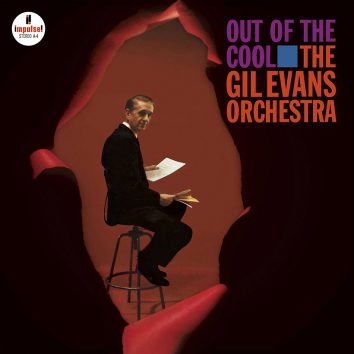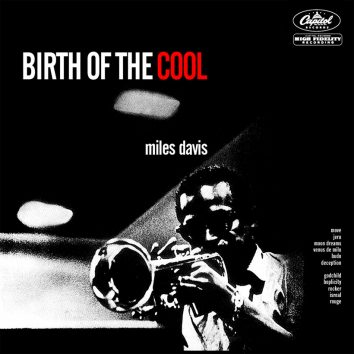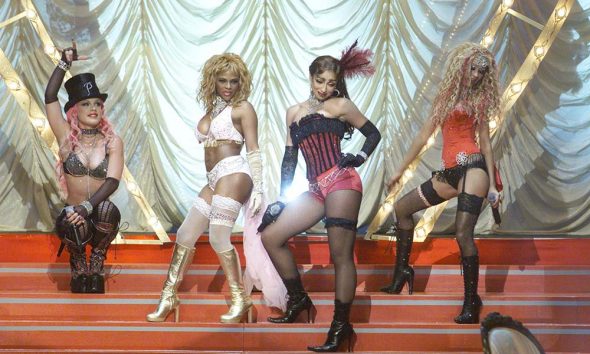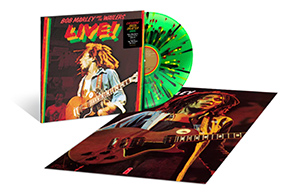Arthur ‘Big Boy’ Crudup, The Blues And Elvis
While many have forgotten Arthur ‘Big Boy’ Crudup’s recordings, his place in the story of the blues and rock’n’roll is secure.
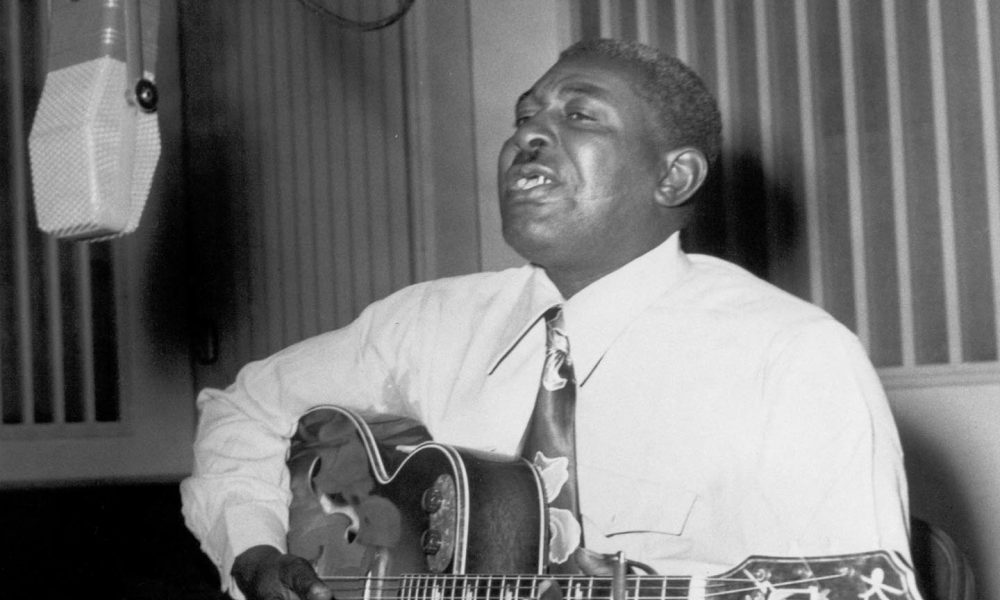
On September 6, 1946, above a Chicago pawnshop, three men initiated a remarkable chain of events that would change the face of 20th-century music. Drummer Judge Riley, bass player Ransom Knowling along with singer and guitarist Arthur “Big Boy” Crudup cut five songs that day; among them Crudup’s compositions, “That’s All Right.”
Lester Melrose owned the publishing and the copyright of all of the sides Arthur cut that day for Victor; a fact that Arthur would come to regret. Arthur made a few hundred dollars for each of his recordings and in between times he went back to farming in Mississippi. By the time “That’s All Right” was released, the 40-year-old Arthur had chalked up three R&B hits; “That’s All Right” failed to add to his tally.
Two years later, on Friday June 28, 1948, Columbia Records held a press conference at New York’s Waldorf-Astoria Hotel to launch the 33 1/3 rpm long playing microgroove record. Columbia had high hopes for their new format, but they could scarcely imagine just how far-reaching the effect would be. Columbia had asked RCA Victor to join them in the launch, but Victor declined, having nearly gone bust in the 1930s trying to develop their own long-playing concept. Victor had a secret plan to develop a 45 rpm, 7-inch, single to rival the 78rpm.
Click to load video
Somewhat against the odds, a key player in RCA Victor’s plan was none other than Arthur Crudup, because “That’s All Right” became the first 45 rpm single in Victor’s R&B series. Some dynamic marketing executive had the idea of color coding the RCA releases. “That’s All Right” came out on orange vinyl, popular music on Blue, country records, rather appropriately, were green. “That’s All Right” did get some airplay on Black radio stations, but again failed to chart. That would have been the end of the story, but for a certain Mr. Elvis Aaron Presley.
Elvis, Scotty Moore, and Bill Black were in Sun studios in Memphis on the evening of Monday, July 5, 1954; Elvis stepped up to the mic and sang a Bing Crosby hit from 1950 called “Harbor Lights,” it was not what producer and Sun Records owner Sam Phillips was looking for.
Sometime after midnight, Elvis started messing around with an old song. Scotty and Bill took up the rhythm. Sam Phillips told them to stop and start over again. The three men conjured up a chemical reaction that was irresistible. Excited by what he heard, Sam took an acetate of “That’s All Right” to local DJ Dewey Phillips. “Hey man, this is a hit,” said Dewey and proceeded to play it seven times on his show.
While “That’s All Right” by Elvis didn’t make the charts, the 1 minute 55 seconds of magic set Elvis on his way.
Arthur ‘Big Boy’ Crudup passed away on March 28, 1974, and while many have forgotten him and his recordings, his place in the story of the blues and rock and roll is secure.





